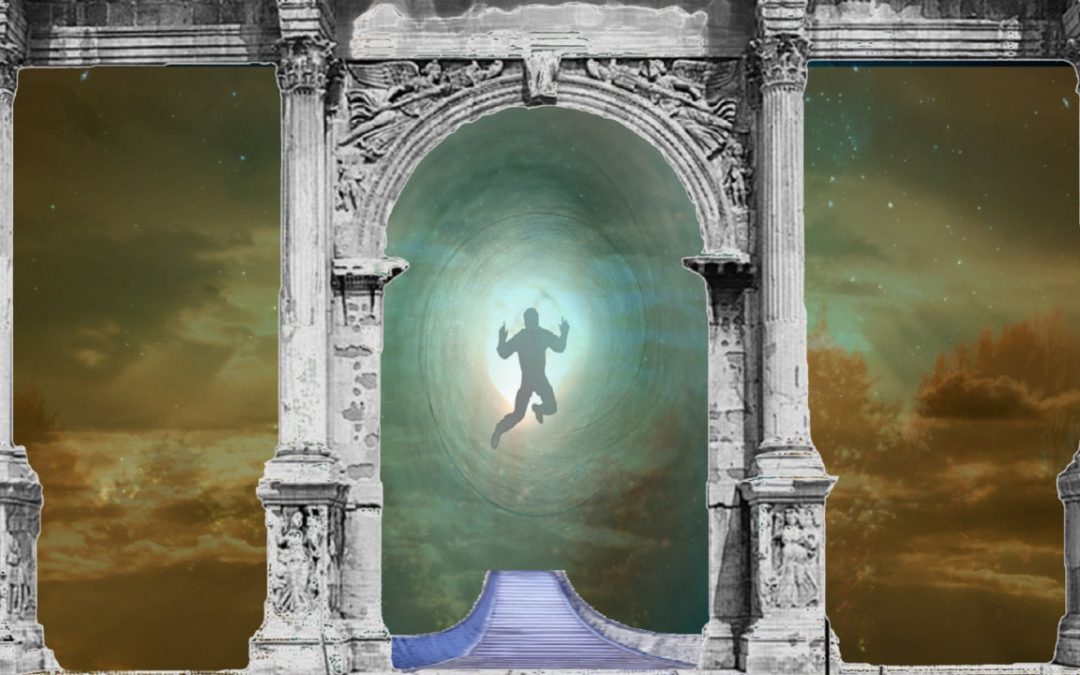In a sense, philosophy is all about questions. Philosophers, like moral scientists, rely on each other to give answers to the deep philosophical questions that have proved so difficult to answer. Questions that have no absolute answer like scientific questions do. These issues are often a question of morality and interpretation. And sometimes it’s just about belief – do you believe what we’re experiencing is reality? That kind of thing. Pondering these questions might just drag you into a several-hour orgy of uncertainty. That being said, it’s important to think about these things. So here are the 10 most Deep Philosophical Questions I could think of. I’m sure there are many more deep that I’m unable to remember, but that’s just life.

Can You Kill 10 People To Save 100?

This is the classic question that tends to stump everyone equally, from philosophy graduates to morons like me. Would you be willing to pull a lever, causing the deaths of ten people in order to save the lives of one hundred? When I was younger I thought a good answer was yes, just based on the numbers – you’d be saving 90 people. But then you need to consider the idea that no human has the right to decide who lives and who dies. This would take away your ability to make any choice regarding the issue. Also, what if some of those you save turn out to be serial killers, resulting in more people dying. It’s a real mess of a question.

Do We Have Free Will?

The question of free will has long been debated by philosophers. The implications of us not having free will are massive, especially for the criminal justice system. How can you punish someone who had no choice but commit their crime, and do we even have the choice not to punish them? Do we have the ability to stop debating these issues if we genuinely lack free will? Well, it depends on how you define free will. Would lacking free will dictate literally everything we do, or would it simply limit what we do. Some say we aren’t free because we don’t chose what we want to do, we aren’t free because we don’t chose what we enjoy doing. This question is important to religious people, as most religions seem to teach that we definitely have free will.

Is There Absolute Morality

Again, this is a question of great interest to religious scholars. They believe that absolute morality exists, because it is dictated by god. But if you don’t believe in god, can there still be absolute morality? Are some things definitely wrong – or is all morality subjective. We all think murder and stealing is wrong. But is this because it really is immoral or is it just because of evolutionary cognitive system with the purpose of preserving human life. That would make sense, as it’s a lot easier for a species to survive in the long term if they aren’t constantly killing each other. I feel like that’s what it is to be honest, just a matter of opinion.

Is There A Meaning Of Life?
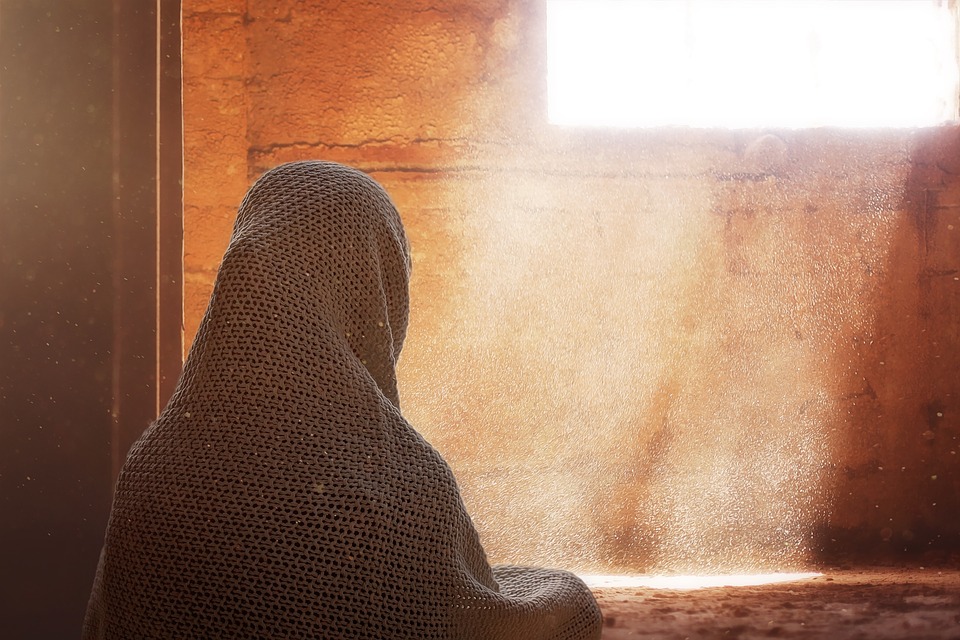
You always see people asking what the meaning of life is. But this makes one huge assumption – that such a meaning exists. I’m not sure why we would make this assumption, our whole existence could just be the result of one big accident. There might not be any god or higher power, in which case we shouldn’t believe there even is a meaning of life. I suppose I should tell you that the meaning of life is what you make of it or however you define yourself, but I’d feel like one of those Indian spiritual gurus if I did.

What Is Mathematics?
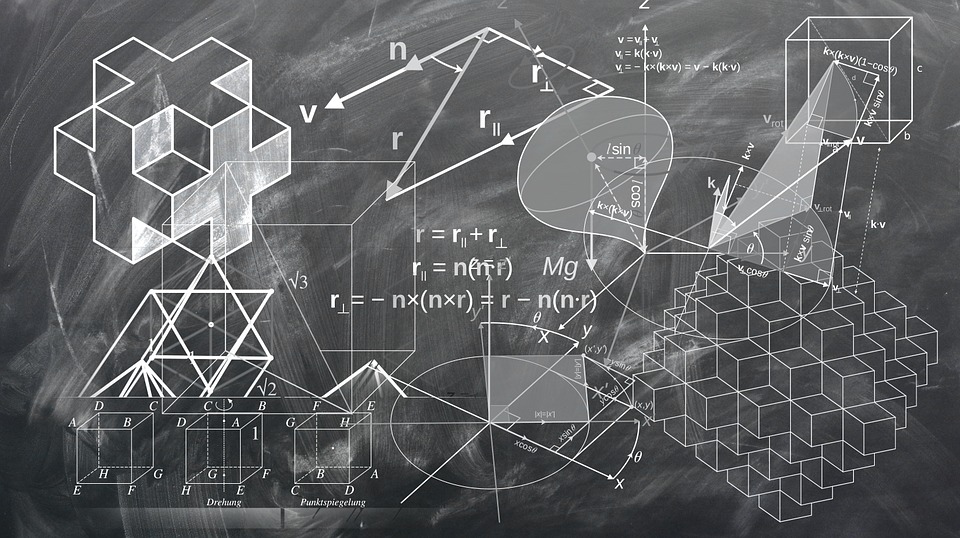
This one may seem more like a question for science but it really lies in the cross section between science and philosophy. Mathematics is arguably the backbone of physics, with some scientists believing that the universe is literally made of numbers in the same way that a computer simulation is made of code. The Fibonacci sequence is often pointed to as a give away, a sort of glitch in the matrix. The Fibonacci sequence is a mathematical sequence reflecting many things like the order in which rabbits reproduce, and the sequence directly correlates with the structure of spiral galaxies and snail shells. Is it possible that everything in our universe is literally made up of numerical patterns like this one?

Are We In The Matrix?
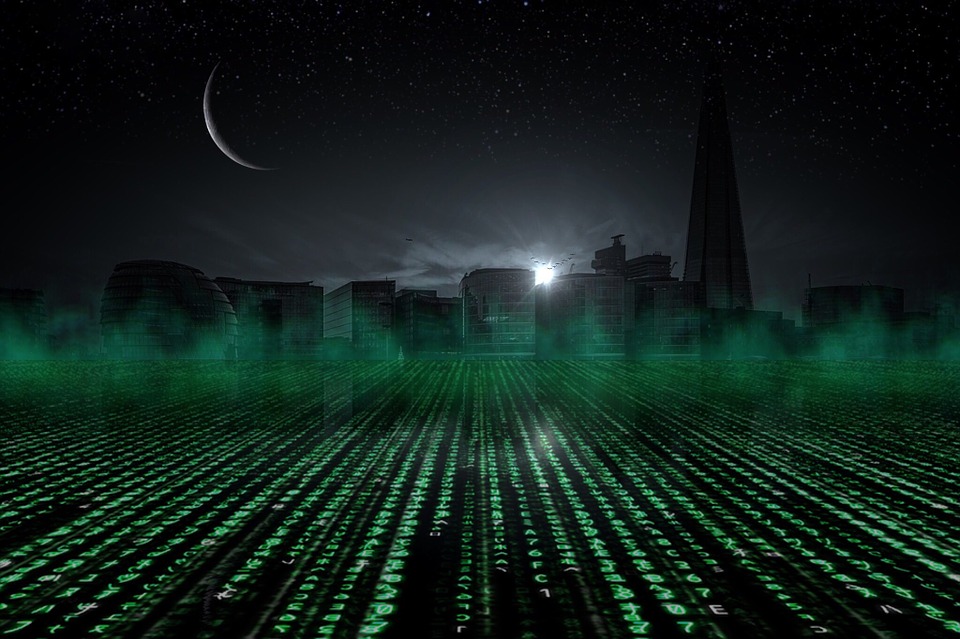
Like I said above, some believe mathematics is what makes our universe in the same sense that a computer program is made of code. That’s a good analogy. Maybe there is a deep reason why the analogy is so good. Maybe our universe really is just a computer program, and the mathematics we see literally is code. Some believe our universe was created and that it currently exists within a hard-drive. If it were true, we would essentially be living within the matrix right now. Think of it this way – if we could create an artificial universe complete with artificial life, we’d probably do it. The artificial life would have no idea we created them and that they exist in a computer simulation. So how can we be sure that hasn’t already happened, and that we aren’t the artificial life inside the simulation? It’s one of the ultimate deep philosophical questions that doesn’t sound serious at first, but it’s a serious debate.

Is There An Alternative To Capitalism?

This one doesn’t exactly spring to mind when it comes to deep philosophical questions, but it’s more than just a question of economic policy. It’s a question of human nature. Some would say that capitalism is the only system that could ever work because it’s more inline with the way humans evolved. Our nature allows us to be motivated by the same incentives that capitalism provides us with, but the others don’t. The other side of the argument is that we can go against human nature in the name of progress and equality. Some say capitalism isn’t even an economic system, that it’s just law of human nature.

What Is Consciousness?
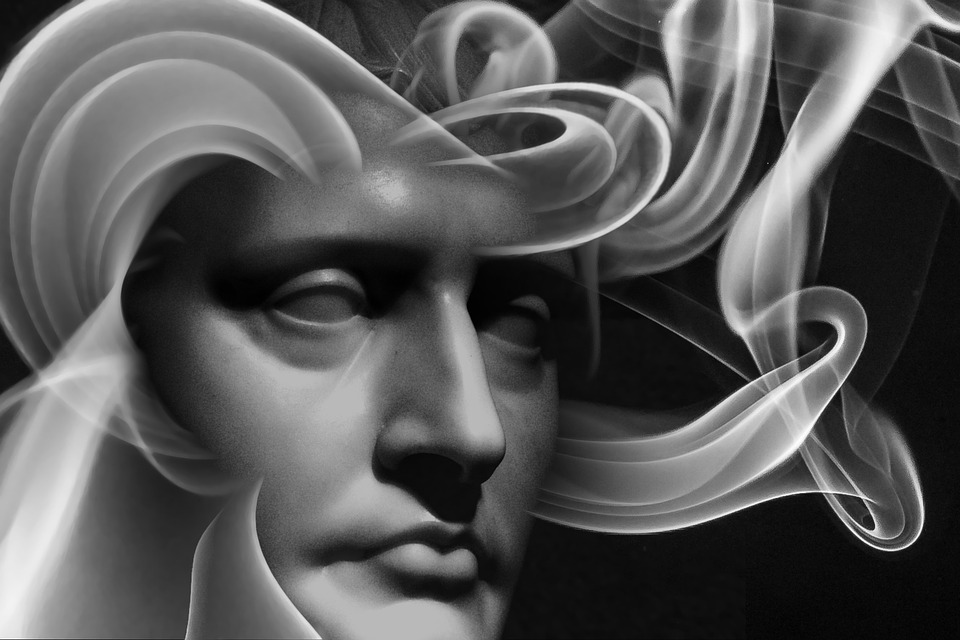
Consciousness is a strange one. We can give a literally definition of the concept of Consciousness: “an advanced state of awareness”. But what actually is it? What is the thing that makes us who we are, and what is the connection of Consciousness to our physical self? Also there’s the question of what happens to our Consciousness when we die. Science has been completely unable to answer these questions and philosophy has been attempting for thousands of years. Religion has attempted to answer the question be telling that all humans have a soul. Some see a soul and consciousness as different, and some non-religious people also believe humans have souls.

Is There A God?

This question really is the mother of all philosophy, it’s what started the whole thing off. Almost every culture in every corner of the globe has historically believed in some kind of god, or gods. They are usually credited with creating the universe and worshiped as such. To be blunt, no one can know for sure whether there is a god. We can believe in religion or we can be atheist. But one thing is certain – we can’t be sure either way. Some evolutionary psychologists thing our brain is naturally geared towards belief in a higher power. Some take this as a sign of god, and other think it’s just an evolutionary hangover.

Can We Really Know Anything?
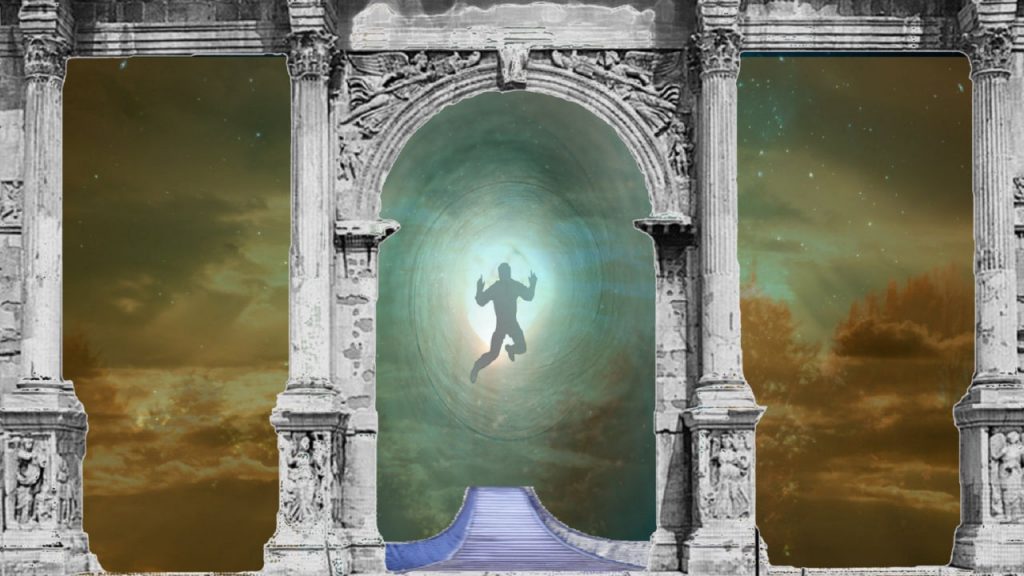
When I said the previous number was the mother of all deep philosophical questions I was lying – it’s really this one. Is knowledge a real thing, or just a primitive delusion? This question gets more deep the longer you think about it. Knowledge tends to be built on other knowledge. Science is ultimately based on what we can see – we witness evidence and base scientific theories on that evidence. But that’s based on the assumption that what we observe with our senses is true. It assumes that our universe is real, and that we aren’t in the matrix. It assumes that we don’t simply misinterpret the world around us. I suppose all knowledge is ultimately built from one original assumption. Maybe it’s a correct assumption.

